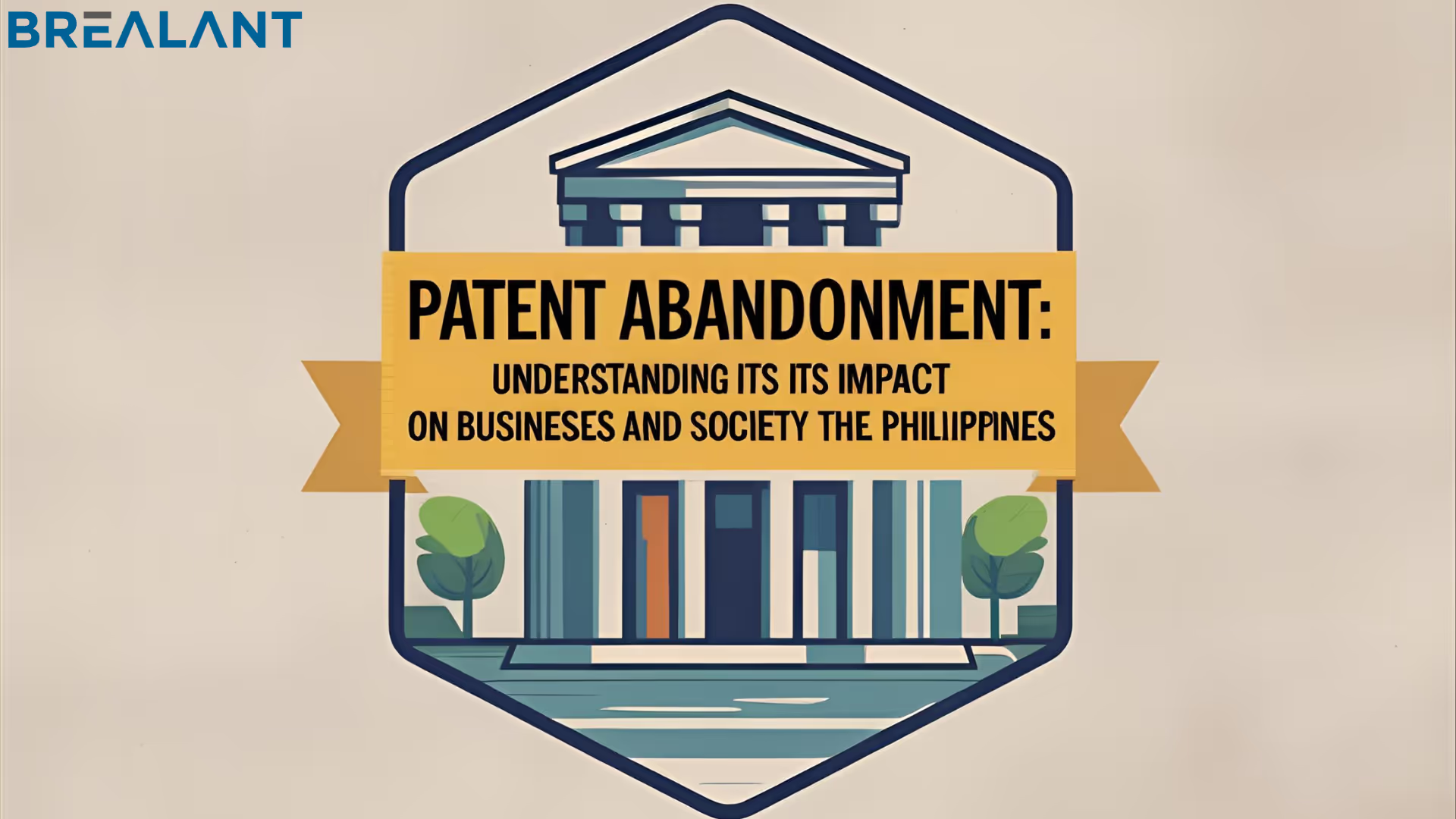



When you invent something new, your main goal is usually to share it with the world, make money from it, or bring it to market. But at the same time, you want to make sure no one copies it, takes credit for it, or unfairly competes with you. That’s where patents come in. A patent gives you legal protection and puts a barrier between you and your competitors. We all know how frustrating it feels when someone else tries to pass off your idea as their own.
In today’s world, ideas and innovations can be more valuable than physical assets. A granted patent gives you exclusive rights to your invention. This doesn’t just keep your idea safe—it can also boost your company’s image, attract investors, help you earn additional income, and even make it easier to secure funding at better terms.
Patents are meant for technical innovations. To qualify, your invention must be new, inventive, and able to solve a technical problem. Purely abstract ideas or business methods without technical features generally don’t count. If your goal is to protect your brand, you’d look at trademarks. If you want to protect the look or design of a product, then you’d consider industrial designs. Each one covers a different kind of protection.
One important rule: keep your invention confidential before filing. If you’ve already shared it publicly without protection, it may no longer be considered “new,” and you could lose the chance to patent it. Even small disclosures can count as prior art if someone can prove the public had access to your idea. In the Philippines, IPOPHL is very strict on novelty—you need to file first before making your idea public.
Some countries allow a short “grace period” if you’ve already disclosed your invention, but the Philippines generally does not. For designs, there’s a limited exception that may allow filing within a year after disclosure, but it’s best to file before talking about or showing your invention.
Not all software is excluded from patenting. If a computer-implemented invention solves a technical problem—like controlling a machine or analyzing physical data—it may be patentable. But purely business-focused software often won’t qualify.
Once you file, remember that patents are like property: they can be licensed, sold, or even used as collateral for loans. Ownership usually belongs to the actual inventor, unless an employment contract or agreement says otherwise.
The process itself takes time. At IPOPHL, once you apply, your invention is published after 18 months. This means details of your invention become public record and can even block future patent filings. Examination usually takes a few years, sometimes four to seven, depending on how quickly you respond to office actions or objections. If granted, your patent can last up to 20 years from the filing date—provided you pay renewal fees along the way.
Patents are territorial, meaning they only protect your invention in the country where they’re granted. If you want protection abroad, you can use the Paris Convention or the Patent Cooperation Treaty (PCT) to extend your application to other countries within a set timeline.
It’s important to note that having a patent doesn’t automatically mean you can use your invention freely. It might still overlap with someone else’s patent. That’s why businesses usually run two types of searches: one to check if their invention is patentable, and another to check if they have “freedom to operate” without infringing someone else’s rights.
Yes, patents can get expensive—but most of the big costs come years after you file. That gives startups some breathing room to raise funds or generate revenue before the major fees kick in. For early-stage companies, the value of a patent often lies in showing investors that your intellectual property is strong and defensible.
Beyond protection, patents are also a rich source of information. Looking at published patents can help you see how competitors are solving problems, get new technical ideas, and avoid reinventing the wheel.
Finally, remember that not all patents are created equal. Some are broad and powerful, others are narrow or weak. Some can make or break a business, while others may end up being useless. The key is to see how patents fit into your strategy. And if you’re not sure, talking to a professional IP agent in the Philippines—like Brealant, Federis, or Hechanova—can save you time, money, and mistakes.